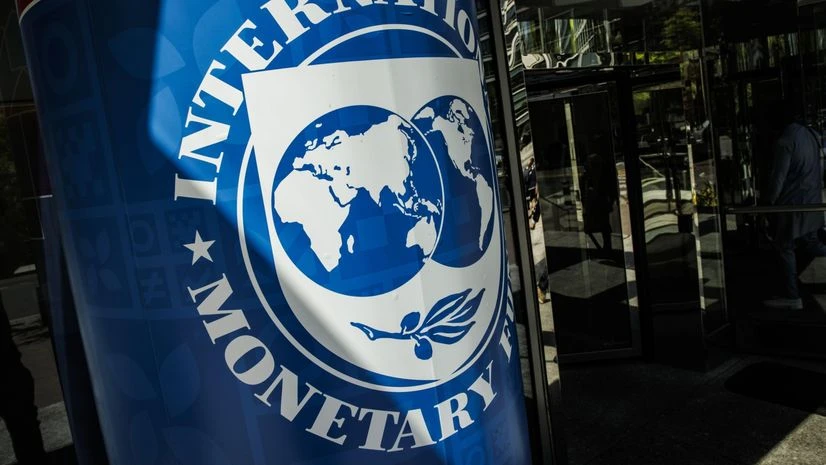The International Monetary Fund (IMF) on Tuesday raised Asia's economic forecast on the back of the reopening of China. However, it warned of risks from high inflation and global market volatility driven by banking-sector crises in the US and Europe.
Asia's economy is expected to expand by 4.6 per cent this year after a 3.8 per cent increase in 2022. The forecast for 2023 is an upgrade of 0.3 per cent from its October forecast of 4.3 per cent.
"The main development has been the reopening of China, where surging consumption is boosting growth across the region despite weaker demand from the rest of the world," the agency said.
In its regional economic outlook, the Washington-based agency said that Asia and the Pacific will be the most dynamic of the world's major regions in 2023, driven by the buoyant outlook for China and India. Asia will account for 70 per cent of the global growth in 2023.
China and India, IMF said, will be key drivers of growth with an expansion of 5.2 per cent and 5.9 per cent respectively.
Also Read
However, the IMF cut next year's Asian growth forecast by 0.2 per cent to 4.4 per cent, and warned of risks to the outlook such as stickier-than-expected inflation, slowing global demand as well as the impact of US and European banking-sector stress.
"While Asia's financial systems haven't seen major impacts following recent banking turmoil in the United States and Europe, they need to be carefully monitored given high leverage among households and corporates," it said.
The US economy is expected to grow 1.6 per cent in 2023 and 1.1 per cent in 2024. The global economy is poised to jump 2.8 per cent in 2023 and 3 per cent in 2024. In 2022, the global economy will rise 3.4 per cent.
"In the longer term, the Chinese economy which has been the primary engine of regional and global growth for decades is expected to slow considerably in the face of unfavourable demographics and a productivity slowdown. The region should prioritize structural reforms to boost long-term growth, including through innovation and digitalization, while accelerating the green energy transition," IMF added.

)
